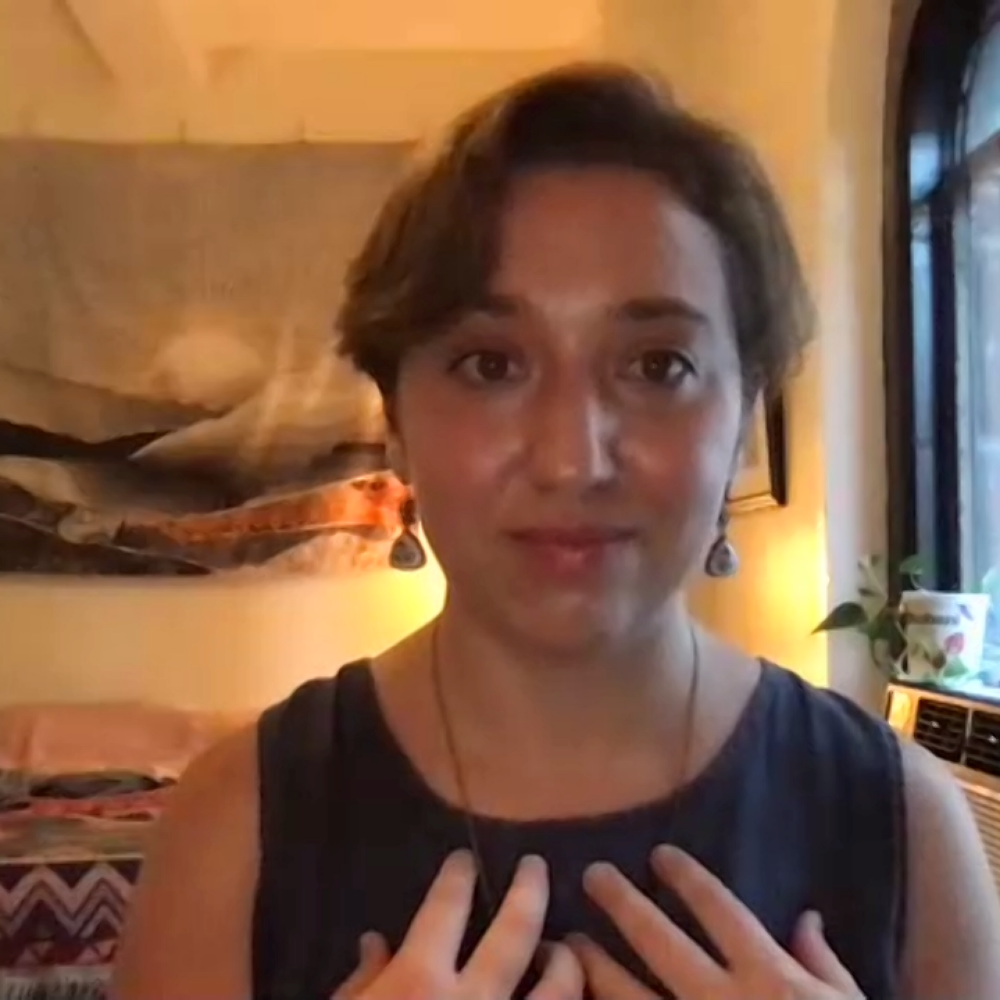
Naomi Madaras gave a powerful presentation on Friday July 31 PYM News & Events previously reported on. We’ve been in email contact with Naomi, and now share this follow up Q&A interview.
Your Bio mentions growing up on a farm as a child; can you speak to how that now connects with your career in chaplaincy?
As a child growing up on a small farm, I received an early education on death. Birth and death surrounded farm life, from assisting in challenging goat births to burying the remains of our chickens when racoons attacked the henhouse. I was also homeschooled for several years, which gave me and my sister time to learn with our entire bodies. We learned about compost from mucking manure, we studied biology from pond algae, we practiced arithmetic by calculating grain costs, and pored over books while perched in a tree.
There’s a kind of integration I learned on the farm that allowed me to bring together seemingly disparate parts of life, and I carry this integration with me in my professional life. As a chaplain, I connect with care-receivers on an emotional level, but there’s a physical aspect to it as well – body language, prayer, and rituals are all part of this relationship. I’m deeply grateful for my farm-based education in that it taught me to notice the magic of the world around me, practice humility, and be patient. All of these skills have formed me as a chaplain.
Death and disability are connected to your current and past work – how do you recharge your own heart when you find yourself addressing other people’s pain?
I’ve learned the hard way that caregiving work cannot be done alone. All people, and especially those of us in care work, need our support systems that give a place to vent, weep, laugh, and deconstruct what we experience (while maintaining patient confidentiality).
I recharge my heart in community and with therapy. One thing I’ve had to learn in this journey is how to express what I need to my loved ones, and learning that asking for what I need does not make me selfish or demanding. In fact, asking for what I need can often give space for others to do the same, and we learn from each other as we muddle through.
God plays a role here too, because I experience God most frequently in relationship. Nurturing my relationships, whether to other people or to the natural world, helps me return to my devotion to the Divine, and this devotion gives me sustenance for the journey.